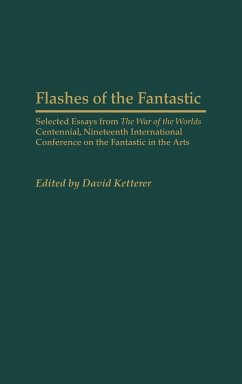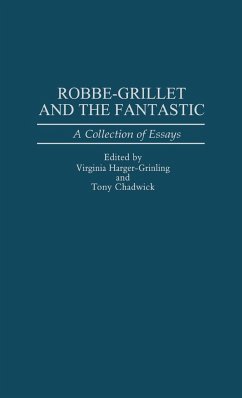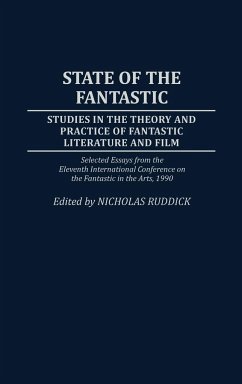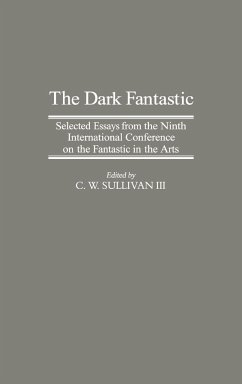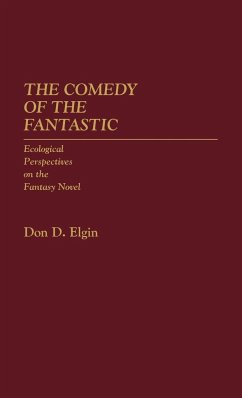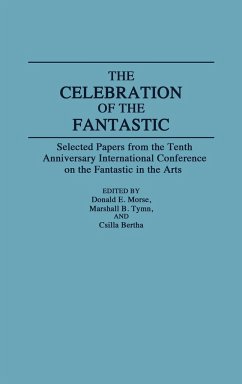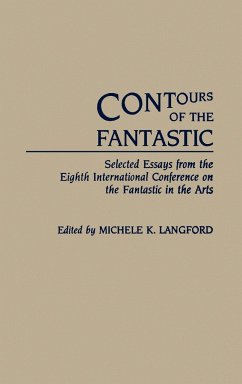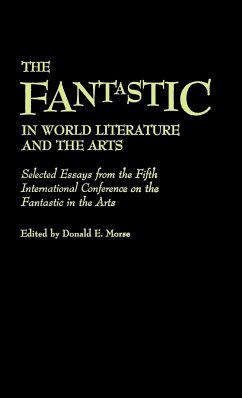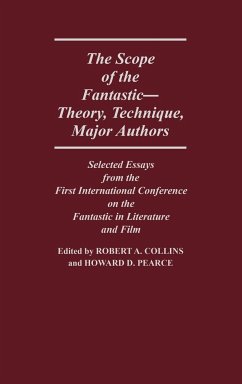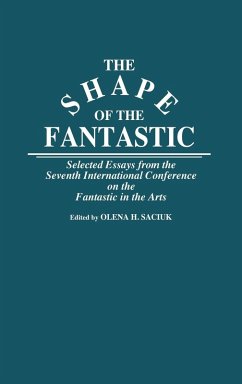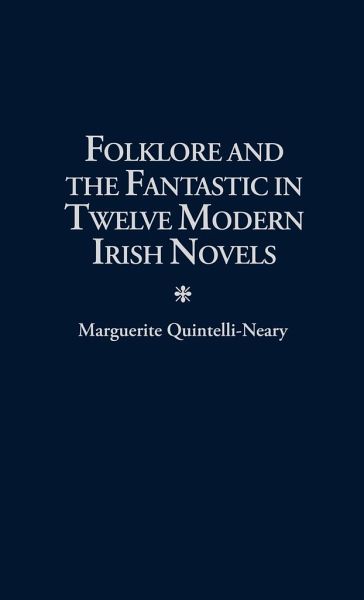
Folklore and the Fantastic in Twelve Modern Irish Novels
Versandkostenfrei!
Versandfertig in 1-2 Wochen
70,99 €
inkl. MwSt.

PAYBACK Punkte
35 °P sammeln!
Ireland has a rich mythological tradition that stretches back for centuries, and much of this folklore tells tales of the fantastic. During the Irish Renaissance, authors such as William Butler Yeats and Lady Gregory resurrected Irish folklore in their literary and dramatic works, thus restoring the popularity of Irish myth and legend. Since the Irish Renaissance, many Irish authors have continued to incorporate Celtic folklore in their novels. This book examines how various conventions from Irish folklore have been subsumed in twelve Irish novels published between 1912 and 1948, including wor...
Ireland has a rich mythological tradition that stretches back for centuries, and much of this folklore tells tales of the fantastic. During the Irish Renaissance, authors such as William Butler Yeats and Lady Gregory resurrected Irish folklore in their literary and dramatic works, thus restoring the popularity of Irish myth and legend. Since the Irish Renaissance, many Irish authors have continued to incorporate Celtic folklore in their novels. This book examines how various conventions from Irish folklore have been subsumed in twelve Irish novels published between 1912 and 1948, including works by James Joyce, Flann O'Brien, Mervyn Wall, Darrell Figgis, Eimar O'Duffy, and James Stephens. The volume explores how these writers have incorporated in their own works such conventions as heroic obligations, metamorphoses, and the blending of pagan and Christian myths. In an episodic overview of Joyce's Ulysses, specific Irish source works are discussed, including the Irish imram or sea voyage, and the bruidhean adventure, or entrapment episode. The conventions of geis, metamorphosis, and the Ossianic tradition are studied in Finnegans Wake, alongside a traditional Irish ballad, The Annals of the Four Masters, and the Acallamh na Senórach In Flann O'Brien's > and The Third Policeman, an innovative approach to parody is shown. Mervyn Wall operates as a sometimes unwitting commentator on Irish hero tales, via comic irony and inverted motifs, while Darrell Figgis recalls the passing of Celtic heroic traditions in his bitter satire of Saint Patrick and Ois^D'in's legendary dispute, in The Return of the Hero. Eimar O'Duffy's satire of modern Ireland mourns the end of Celtic heroic values in a fantasy that is overwhelmingly pessimistic in tone, while James Stephens extols the virtues of the imagination in The Crock of Gold and The Demi-Gods.



